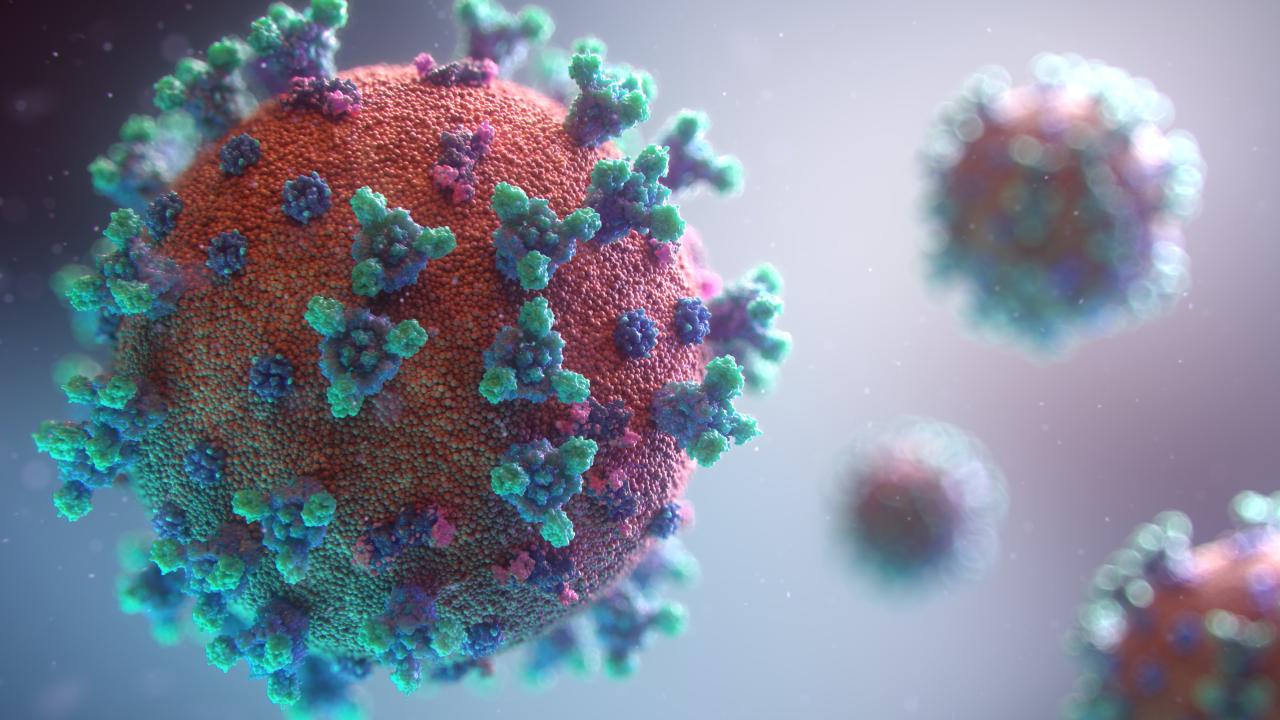A highly-transmittable new group of COVID-19 variants has recently been detected in the United States. Several scientists have warned these might bring on a 'summer wave' of contaminations all over the world. Will our vaccines be effective against these new strands? Here's what you need to know.
Discover our latest podcast
FLiRT variants might provoke a rise in contaminations
This new group of variants is nicknamed FLiRT, which is a fun name for a not-so-fun strand of the virus. The KP.2 variant is thought to be the dominant strain of the virus in the US at the moment, according to the CDC. Epidemiologist and professor of biostatistics at the University of South Australia Adrian Esterman told Newsweek:
The FLiRT subvariants are direct descendants of JN.1, the previous subvariant that has dominated the world since late last year.
The FLiRT subvariants are more infectious than JN.1 due to a small number of mutations in the spike protein that better help the virus evade our immune system.
Now, many people wonder : Will the usual Covid vaccine be effective against these new strands? Dr. Adrian Esterman gave his view on the subject while speaking to Newsweek:
Even though the FLiRT subvariants are now quite genetically distant from the XBB subvariants—the current vaccine is based on XBB.1.5—the vaccine will still give some cross-immunity against them.
Will the Covid vaccine be effective?
Dr. Esterman explained that the Covid vaccine we received during the spike of the pandemic should still provide some form of immunity against the new strands. However, as the new variant is rather different from the original form of COVID-19, a new and better-suited vaccine will be available around September 2024. Dr. Esterman told Newsweek:
It looks very much like we will see a similar pattern to when JN.1 hit. Because of increased transmission, I do expect case numbers, COVID-19 hospitalizations and COVID-19-related deaths to increase, but nowhere near as high as earlier in 2023.
The FLiRT variants are more likely to hit those who have an underlying health issue, and especially people who are still suffering from 'long Covid'. Scientists recommend social isolation for patients who are considered more at risk, such as the elderly. Adrian Esterman explained:
For vulnerable people—that is, those who are elderly or have underlying health issues—they are at risk of severe illness. They should ensure that they are up to date with their booster shots against COVID-19 and start wearing an N95/P2 face mask when on public transport or shopping, etc. They should also have a plan in place with their family practice to make sure they have quick access to antivirals.
Read more:
⋙ This 62-year-old man was vaccinated 217 times against Covid-19
⋙ A pandemic more deadly than Covid will hit 2024, German psychic claims
⋙ Long Covid: People who have had Covid-19 several times are more at risk, according to expert
Source used:
Newsweek: How COVID Vaccines Stand Up to New FLiRT Variants















